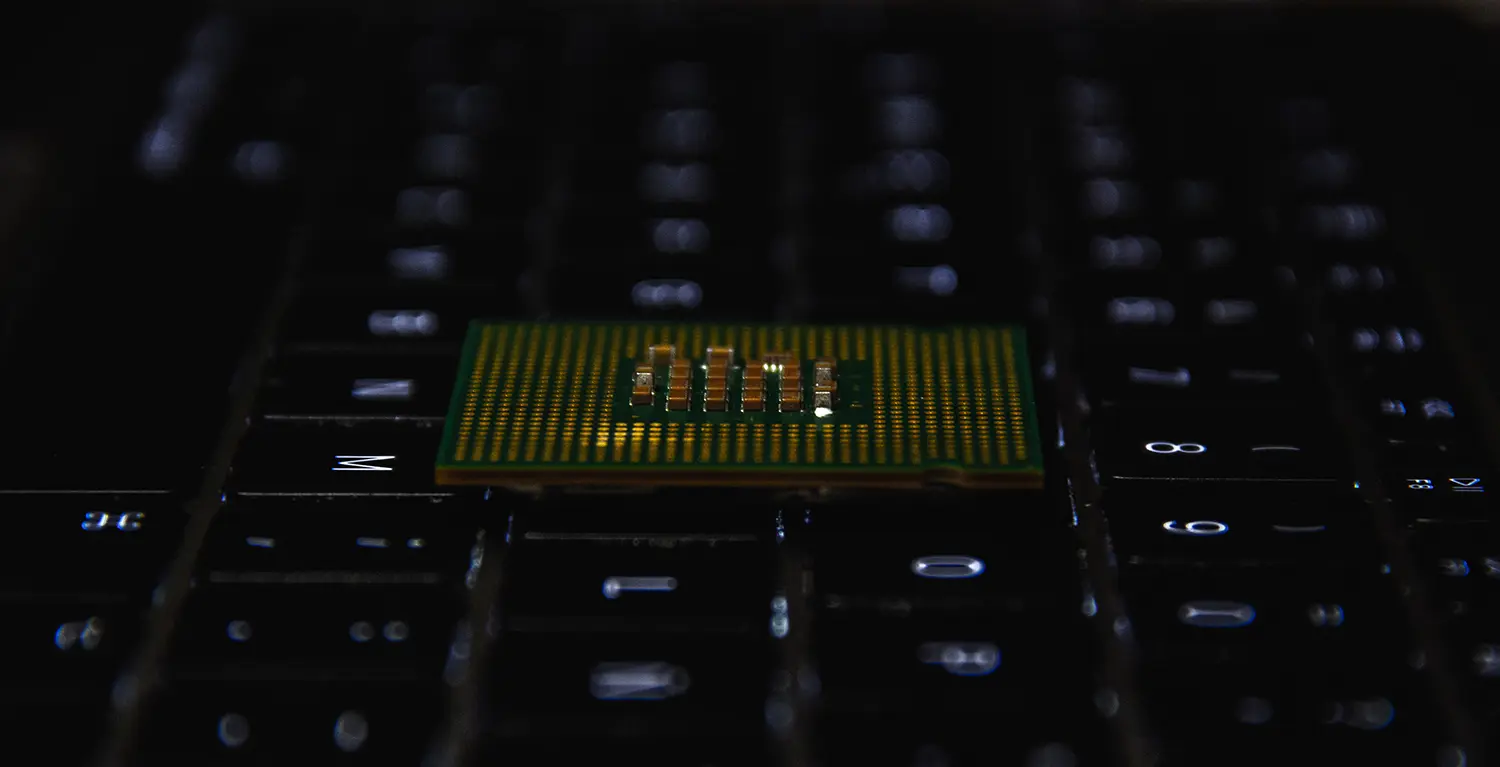Bridging Quantum Computing and Cryptocurrencies: Implications for the Future of Payments
- July 2, 2023
Welcome to a riveting discussion that blends two compelling areas of technology: Quantum Computing and Cryptocurrencies. These groundbreaking innovations are shaping the future of digital transactions and the payment industry. In this exploration, we’ll delve into the symbiosis of these technologies, exploring the challenges and opportunities they present.

An Insight into Quantum Computing
To appreciate the impact of quantum computing on cryptocurrencies, we first need to understand its core principles. Unlike traditional computers which operate on binary bits (0s and 1s), quantum computers use quantum bits, or ‘qubits.’ These qubits harness quantum phenomena like superposition and entanglement, allowing them to process complex computations at unparalleled speeds.
Quantum Computing and Cryptographic Systems
At the heart of every cryptocurrency lies a secure cryptographic system. Take Bitcoin, for instance, which employs the elliptic curve digital signature algorithm (ECDSA) to ensure transactions’ security. The complexity of these cryptographic puzzles makes it nearly impossible for conventional computers to crack them within a feasible timeframe.
However, the advent of quantum computing introduces a potential threat to these cryptographic systems. Shor’s Algorithm, a quantum algorithm, can factor large numbers efficiently, posing a significant risk to current public-key cryptography systems. A sufficiently powerful quantum computer could theoretically dismantle Bitcoin’s security protocol in hours or even minutes.
The Quantum Implications for Cryptocurrencies
While the potential of quantum computers to compromise cryptocurrency security protocols seems alarming, it’s critical to note that this threat isn’t immediate. Quantum computers of this caliber are still on the horizon, and even when they do arrive, they will not herald the end of cryptocurrencies.
The landscape of cryptocurrencies, much like quantum computing, is one of continuous evolution and adaptation. Research is underway on post-quantum cryptography – cryptographic algorithms thought to resist quantum attacks. This transition to quantum-resistant algorithms could safeguard the future of cryptocurrencies. Some quantum-resistant cryptocurrencies, like Quantum Resistant Ledger (QRL), are already making strides in this space.

Quantum Blockchain: The Next Chapter?
The relationship between quantum computing and cryptocurrencies is not merely adversarial. Some researchers propose leveraging quantum technology to fortify blockchain, the backbone of cryptocurrencies. Quantum blockchains could revolutionize the way we secure digital transactions, employing quantum entanglement to create unalterable transaction records.
Instead of being the Achilles’ heel of cryptocurrencies, quantum computing could potentially usher in a new era of quantum blockchains and cryptocurrencies, offering unmatched transaction speed and security.
Conclusion
The intersection of quantum computing and cryptocurrencies presents an intriguing paradox: while quantum computing threatens current cryptographic safeguards, it also holds the key to breakthrough advancements. The story of cryptocurrencies has always been one of relentless innovation and resilience, and the rise of quantum computing is just another chapter in this narrative. As we stand at the dawn of a quantum era, this intersection provides a wealth of opportunities for those engaged in the payment industry.
Whether we’re approaching the end of cryptocurrencies as we know them or standing on the brink of a thrilling new phase, the convergence of quantum computing and cryptocurrencies guarantees that the future of digital transactions will be anything but mundane. As we navigate this brave new world, one thing is certain: change is not only inevitable but quantum.
At Global Legal Law Firm, our lawyers are familiar with the rapidly changing nature of electronic payments processing processors, and the ever changing regulations involved, with decades of expertise in ISOs, commercial collections, credit card brands, and other forms of electronic payment processing litigation. Let us guide you through this new and volatile environment, rather than attempting to navigate it on your own.
Recommended Posts
-

What Is a Business Divorce?
Like any other relationship, business partnerships can also come to an...
Read More -

Suing for Breach of Contract: What You Need to Know Before Filing a Lawsuit
Business dealings rely on contracts. When one party doesn’t fulfill their...
Read More -

When to Hire an Attorney for Business Disputes
Disputes are an inevitable part of running a business. They can...
Read More